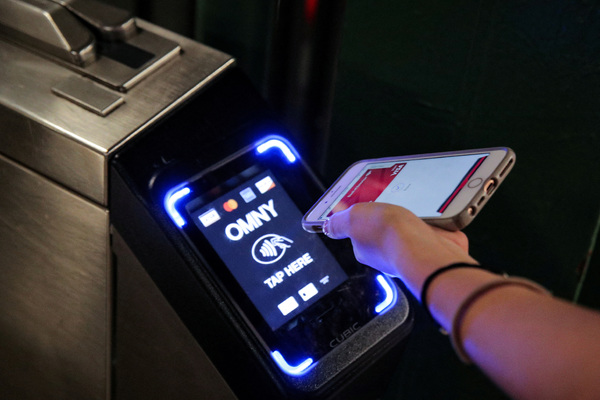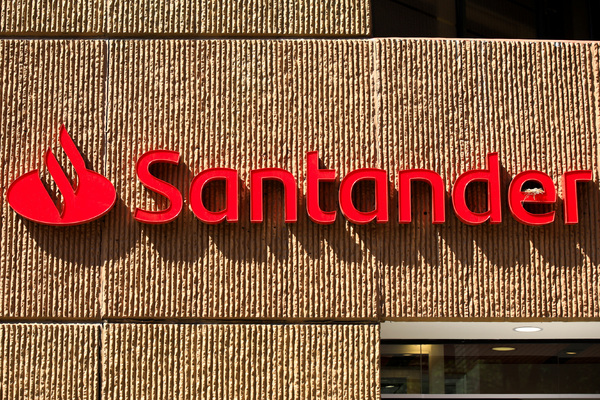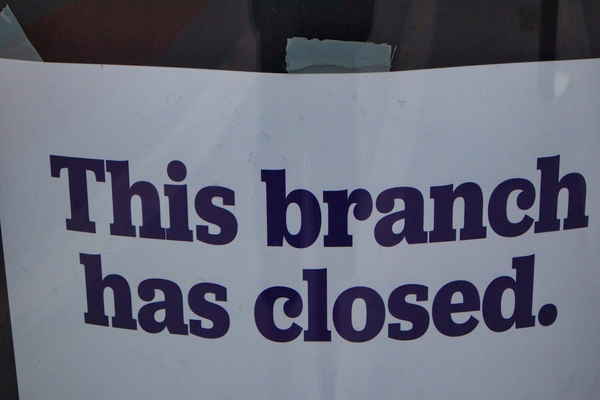Bitcoiners: Beware the Capital Gains Tax trap

Danny Barugh at LondonLink explores the potential changes to CGT rates and their implications for Bitcoin holders
A common beginner’s mistake when it comes to Bitcoin is to assume that the usual rules of taxation do not apply. This can come as a nasty shock when HMRC comes knocking, especially if you had been counting on pocketing the full profit of your investment’s increased valuation.
In reality, cryptocurrencies like Bitcoin are not considered by the taxman to be any different from other assets, such as stocks or property. Suddenly, this puts a new spin on changes to ‘obscure’ taxes that you might once have ignored as irrelevant — like capital gains tax (CGT), which is applied to the profit you make off your crypto. With the new Labour government mulling a potentially huge hike in CGT, it pays to know how these changes affect you — and how you can best protect your investment.
Let’s look at the state of play right now. For personal investors, CGT in the UK is currently divided into two rates:
- 10% for basic-rate taxpayers
- 20% for higher-rate taxpayers
Bitcoin investors fall under this tax regime when they sell their cryptocurrency for more than they initially paid and profits surpass the annual CGT allowance (this currently stands at £3,000 per annum). This tax rate can already feel hefty, especially for high-earning individuals, and any potential increase could make it even more burdensome.
As with everything related to taxation, the more you know and the better prepared you are, the more efficiently you can manage your overall tax burden.
Potential changes in CGT rates
In the face of rising national debt and budget deficits, there has been speculation about the UK government increasing CGT to align it more closely with income tax rates. For high earners, this could mean a jump from 28% to rates closer to 40-45%.
Although there is no definitive announcement, these rumours have caused concern among investors, especially those who have held their Bitcoin for a significant period of time, and seen its value soar over the years. Some investors are already reacting to this expected change, triggering an asset firesale to limit the expected CGT rate rise impact before the budget.
How will this affect Bitcoin investors?
Bitcoin investors are particularly vulnerable to changes in CGT for several reasons. First, Bitcoin’s price can fluctuate wildly, and these dramatic swings often encourage investors to sell their holdings during price spikes. A higher CGT rate would reduce the net profit from such sales, discouraging opportunistic profit-taking.
Secondly, unlike traditional investment vehicles such as ISAs (Individual Savings Accounts) or pensions, which offer tax shelters, cryptocurrency investments don’t benefit from such protection. This means any profit made on Bitcoin is more exposed to taxes.
Finally, it’s important to note that cryptocurrency regulation is still evolving in the UK. The government may introduce additional rules that could either tighten tax reporting, or complicate the calculation of capital gains on Bitcoin holdings. Increased CGT would add another layer of financial pressure on investors navigating an unclear regulatory environment.
What can Bitcoin investors do to prepare?
Given the uncertainty around a potential rise in CGT, Bitcoin investors could consider proactive strategies to mitigate the impact:
Use tax-free allowances. Ensure you use the annual CGT allowance for the 2024/25 tax year. If you are close to this limit, selling portions of your Bitcoin holdings across multiple tax years could help minimise your tax liability.
Crystalise unrealised gains before the budget. You could consider selling some of your Bitcoin before the CGT rise is implemented. Here’s an example of how that might work:
- You purchased two Bitcoins worth £25,000 in October 2023, now worth £100,000 in October 2024.
- You have a £75k unrealised gain, which, if you sold them, would result in £15,000 of tax at the current 20% rate.
- In the scenario of 45% CGT, this unrealised gain would mean a £33,750 tax charge, an increase of £18,750.
Bed and spousing. You may consider another option if you wish to crystalise your unrealised gains while still keeping your Bitcoin exposure. If you believe the value will keep increasing and you prefer to realise gains in the future, you can optimise for that goal.
You could consider a ‘Bed and spouse’ strategy: liquidating your gains, transferring funds to your spouse, and then having the other party buy and hold the Bitcoin at the new cost basis.
Long-term holding. Investors who hold Bitcoin for the long term may avoid frequent taxable events by not selling anything. This strategy is particularly effective if you think future governments could reduce CGT and are prepared to wait it out.
Tax-loss harvesting. If Bitcoin’s price dips, you can strategically sell your holdings at a loss to offset gains from other investments or carry the loss forward to future tax years to reduce your overall tax liability. This strategy requires careful timing but can be an effective way to manage tax burdens.
Seeking professional advice. Every investor’s circumstances are different, and there is no one-size-fits-all strategy. Those with significant Bitcoin holdings should consult a financial advisor or tax expert to optimise their plans, help with strategic planning and explore more sophisticated tax-efficient investment options.
Preparing for tax rises
The potential rise in capital gains tax in the UK presents a significant challenge for Bitcoin investors. With high volatility and few tax-efficient avenues, preparing for potential changes is essential.
By understanding the implications and adopting tax-efficient strategies, Bitcoin holders can reduce the impact of a potential CGT hike and safeguard their profits.
Danny Barugh is CEO of LondonLink
Main image courtesy of iStockPhoto.com and skodonnell

Business Reporter Team
Most Viewed
Winston House, 3rd Floor, Units 306-309, 2-4 Dollis Park, London, N3 1HF
23-29 Hendon Lane, London, N3 1RT
020 8349 4363
© 2024, Lyonsdown Limited. Business Reporter® is a registered trademark of Lyonsdown Ltd. VAT registration number: 830519543





